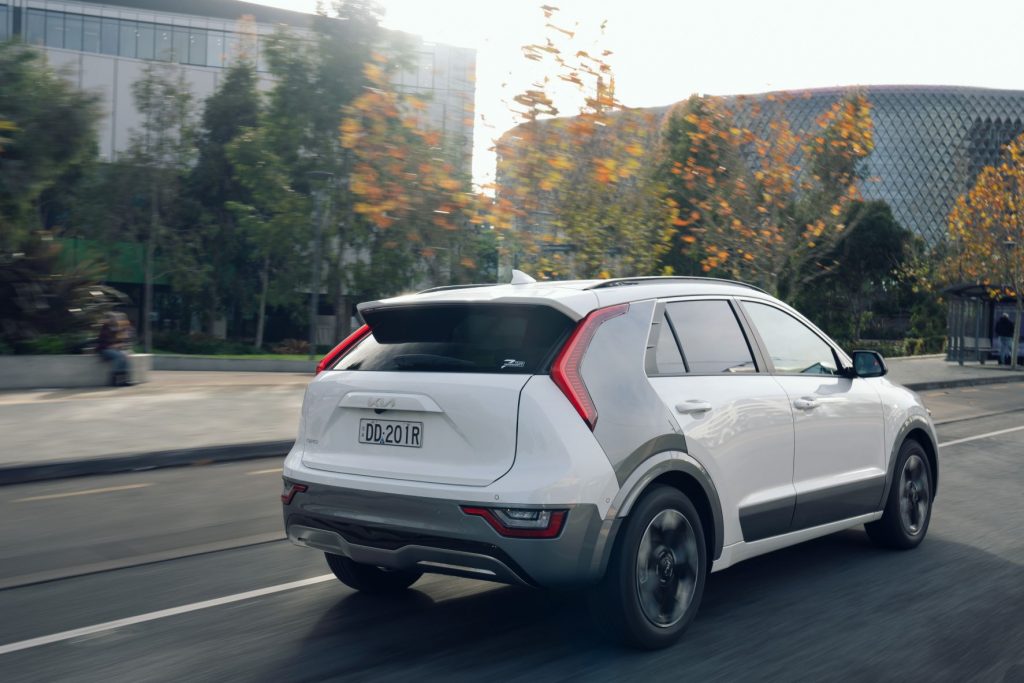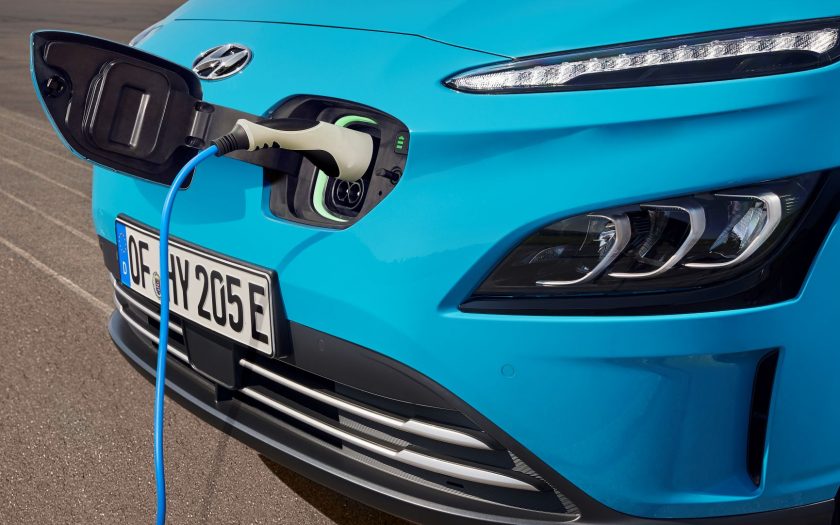IT SHOULDN’T COME AS a surprise that EVs are much cheaper to service than their equivalent internal combustion siblings.
A study in the UK by Fleet Assist has released servicing and maintenance trends for Battery Electric Vehicles (BEVs) versus ICE (Internal Combustion Engine) cars based on the 850,000 fleet cars and vans using its 5,200-strong franchised and independent garage network.
According to Fleet Assist’s 2022 data the average transaction value of a BEV service is currently approximately 22 percent less than an equivalent ICE car. Much of this can be put down to reduced labour times which are currently 33 percent shorter for BEVs than ICE cars.

The parts component of a BEV job is also typically 28 percent cheaper than an ICE car due to them having fewer working parts, with brake wear far lower. When considering parts prices which have risen by around 10 percent (UK figures) in the past 12 months the BEV/ICE service cost gap widens further.
Fleet Assist’s data shows that currently the most common BEV parts being replaced are pollen filters, bulbs, key fob batteries, wipers, and brake fluid.
Ah, but it’s not all golden. Dealers, already feeling the pinch of reduced servicing revenues, are raising their service costs to retain profitability.
“Fleet and retail drivers cannot take it for granted that BEV SMR prices will remain cheaper than ICE cars, as over time, costs could become more comparable,” explained Vincent St Claire, Fleet Assist’s MD.
“Garages are already starting to come to terms with how EVs will impact their servicing revenues and workshop traffic in the longer term. We may see more garages looking at ways to address how the paradigm shift of BEV aftersales is going to challenge their service provision and fees they charge,” he added.
Fleet Assist was contacted recently by a franchised garage that was considering implementing a specific BEV servicing labour rate of £125, an 89 percent increase over the equivalent labour cost of servicing ICE cars.
A recent survey by The (UK) Motor Ombudsman confirmed that six in 10 garages expected to raise their prices in 2022 to remain profitable against the background of rising overheads.
